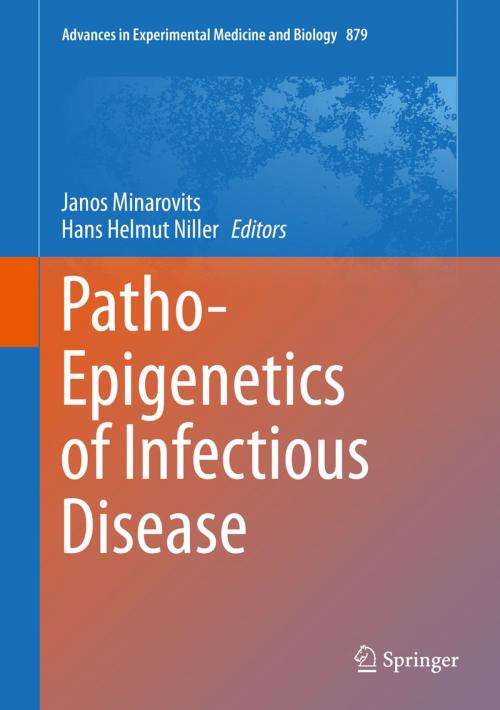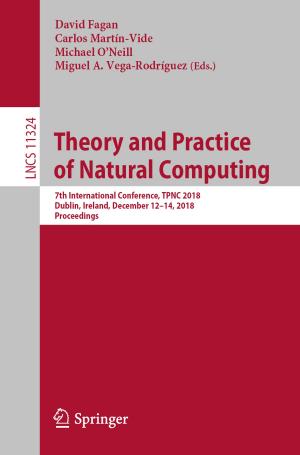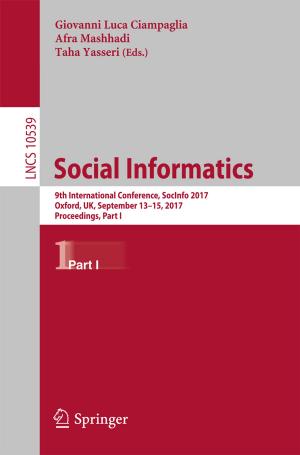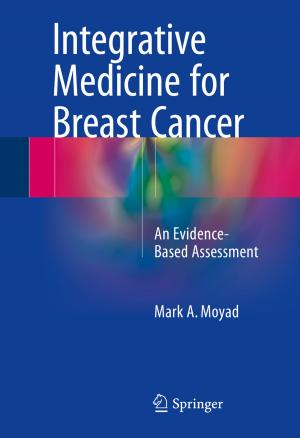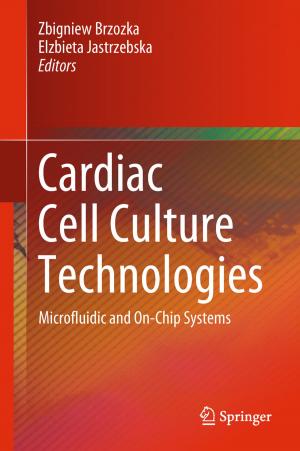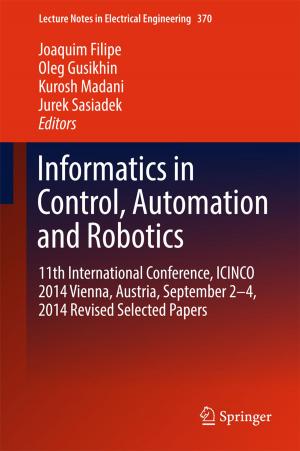Patho-Epigenetics of Infectious Disease
Nonfiction, Science & Nature, Science, Biological Sciences, Microbiology, Health & Well Being, Medical, Ailments & Diseases, Infectious Diseases, General| Author: | ISBN: | 9783319247380 | |
| Publisher: | Springer International Publishing | Publication: | December 11, 2015 |
| Imprint: | Springer | Language: | English |
| Author: | |
| ISBN: | 9783319247380 |
| Publisher: | Springer International Publishing |
| Publication: | December 11, 2015 |
| Imprint: | Springer |
| Language: | English |
Epigenetic modification of cellular genomes is a fascinating means of regulating tissue- and cell type-specific gene expression in all developmental stages of the life of an organism. Carefully orchestrated processes, such as DNA methylation and a plenitude of specific histone modifications secure the faithful transmission of gene expression patterns to progeny cells. Upon chronic infection, the epigenetic cellular balance can become disrupted and, in the long run, through the epigenetic reprogramming of host cell genomes, contribute to the malignant conversion of formerly healthy cells, in many cases preceded by the establishment of an epigenetic field of cancerization. The present volume undertakes to highlight the interactions of infectious pathogens and their effector molecules with the epigenetic regulatory machinery of the cell. Clearly, the recent take-off of epigenetics research did not leave Research on Infectious Diseases and Infection-Associated Cancer untouched. This resulted in a great many of clinically relevant data on understanding the molecular mechanisms of chronic infectious disease. Infectious pathogen- and disease-specific epigenetic alterations are already being used for the early detection of malignant disease and for the prediction of chemotherapy resistance or response to treatment.
Epigenetic modification of cellular genomes is a fascinating means of regulating tissue- and cell type-specific gene expression in all developmental stages of the life of an organism. Carefully orchestrated processes, such as DNA methylation and a plenitude of specific histone modifications secure the faithful transmission of gene expression patterns to progeny cells. Upon chronic infection, the epigenetic cellular balance can become disrupted and, in the long run, through the epigenetic reprogramming of host cell genomes, contribute to the malignant conversion of formerly healthy cells, in many cases preceded by the establishment of an epigenetic field of cancerization. The present volume undertakes to highlight the interactions of infectious pathogens and their effector molecules with the epigenetic regulatory machinery of the cell. Clearly, the recent take-off of epigenetics research did not leave Research on Infectious Diseases and Infection-Associated Cancer untouched. This resulted in a great many of clinically relevant data on understanding the molecular mechanisms of chronic infectious disease. Infectious pathogen- and disease-specific epigenetic alterations are already being used for the early detection of malignant disease and for the prediction of chemotherapy resistance or response to treatment.
